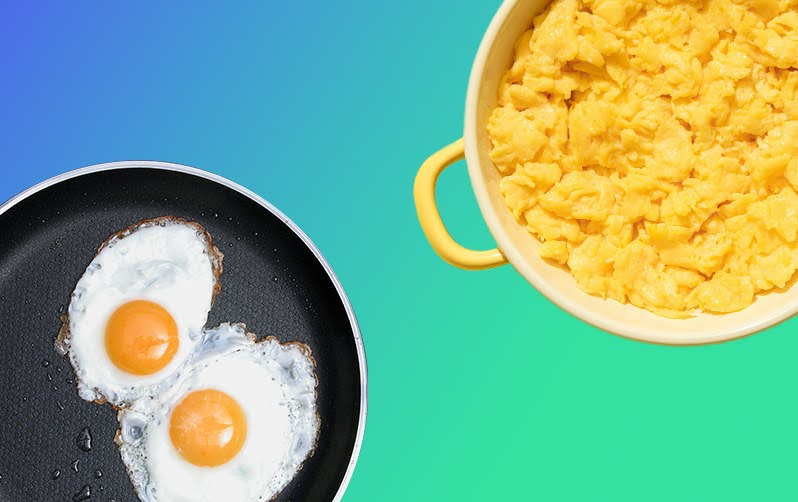
Search Engine Optimization (SEO) is a delicate dance between art and science. There’s a fine line between optimization and over optimization. In this article, we’ll explore the concept of “Wabi-Sabi SEO” and what scrambled eggs can teach us about perfectly prepared pages and posts. Improving SEO results in higher rankings, more traffic, more leads, and more sales.
Wabi-Sabi SEO
Wabi-Sabi* SEO is where the artistic aspect of SEO intersects with the scientific. The goal is to achieve a balance that appears natural, incorporating keywords without being perfectly over optimized. It’s about creating a harmonious blend that resonates with search engines and users alike.
The Scrambled Egg Analogy
Imagine starting with content that is over optimized, resembling perfectly sunny-side up eggs neatly arranged on a skillet, with your targeted keyword phrase as the untouched yolk, repeated several times. It looks…unnatural. And your content will look and feel unnatural if you simply repeat the same phrase over and over for the sake of SEO.
While search engines might prefer sunny side up keyword phrases – lined up and exactly matching – humans prefer more variety.
To write content that tastes more natural, we need to metaphorically scramble some of those perfect eggs. This involves making subtle adjustments to headings, paragraphs, alt text, and title attributes on links.
Sunny Side Up For SEO, and Scrambled for People
“Scrambling the eggs” may entail replacing an exact match in a heading with a very similar phrase or relocating the phrase to a lower-level heading. The key is to ensure that the core keyword phrase remains intact a few times throughout the content, preserving a few “perfect yolks” amid the scramble of alternative versions.
The Perfect Recipe for Headings and Content
For articles of a specific length, strategic placement of exact-match primary keyword phrases is crucial. This includes the title, headings, alt text for images, image captions, the beginning of the first sentence, and somewhere in the last sentence. This careful distribution ensures that the content remains optimized without veering into over optimization territory.
How Many Eggs In One Basket (or Article)?
The number of times the exact-match keyword phrase should be included depends on the article’s length. Short articles may require sacrificing some optimizations to avoid over optimization, while longer articles might need additional exact-match keywords within the body copy or headings.
Lightly Scrambled Keyword Alternatives
To add a natural touch, lightly ‘scramble’ alternative versions of the keyword phrase. Refer to your keyword list to identify related keywords within the same group. Don’t have a keywords list? Contact us, because we can help with that. Prioritize similar keywords based on search frequency. This will ensure more matched searches, more traffic, more leads, and more sales.
In the world of SEO, achieving the right balance between optimization and natural flow is an art form. Embrace the concept of Wabi-Sabi SEO, and remember that a well-executed scramble can enhance the delicious flavors of readability and authenticity of your content.
For more tips on crafting content that satisfies search engines and humans alike, reach out to us. We could even chat about your SEO over breakfast (but it doesn’t have to be eggs).
What is Wabi-Sabi?
- – a Japanese world view centered on the acceptance of imperfection, and appreciating beauty that is ‘imperfect’ and natural.
